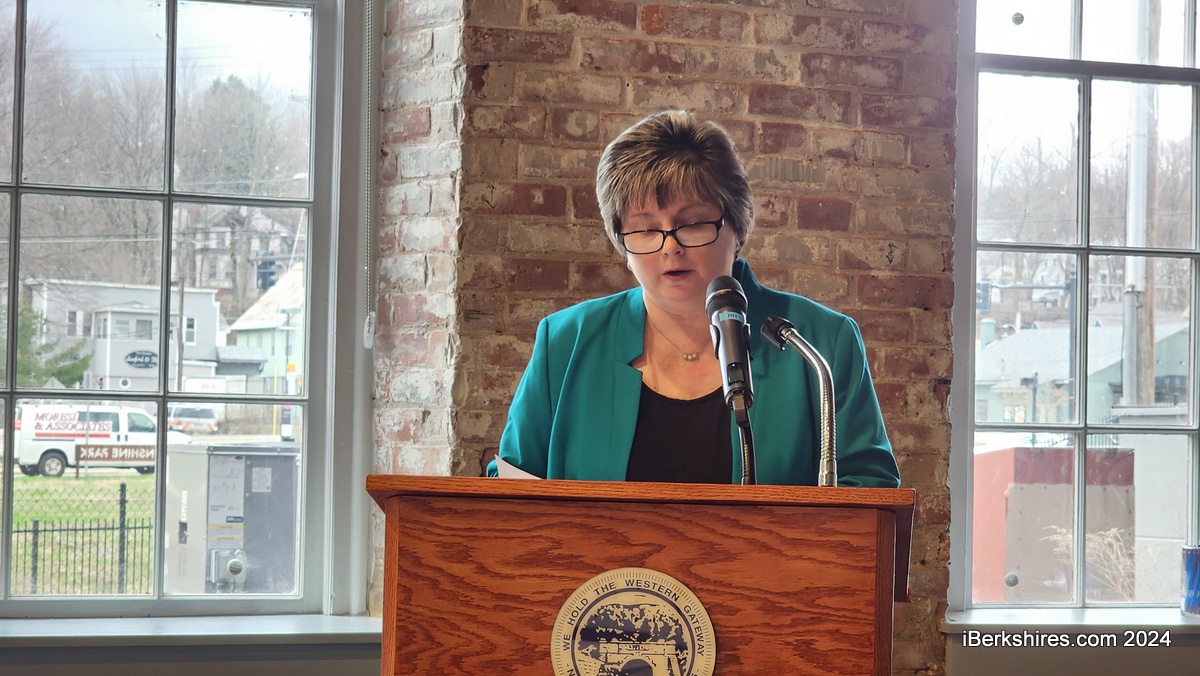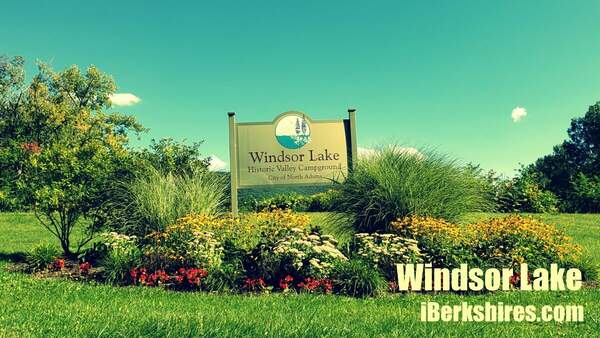
Are Your Financial and Tax Advisors Talking?
 |
Now that we have closed the book on 2019, it's officially Tax Season. As you prepare your tax returns for the April 15 deadline, you might already start looking for opportunities to improve your tax-related financial outcomes in the future.
And one important step you can take is to connect your tax professional with your financial advisor. Together, these professionals can help you take advantage of some valuable strategies, such as:
* Roth vs. traditional IRA: If you're eligible to contribute to a Roth IRA and a traditional IRA, you might find it beneficial to have your financial advisor talk to your tax professional about which is the better choice. Generally, if you think your tax rate will be higher in retirement, you might want to contribute to the Roth IRA, which provides tax-free withdrawals (if you're older than 59 1/2 and have had your account at least five years). But if you think your tax bracket will be lower when you retire, you might be better off with the traditional IRA, which offers upfront tax benefits – specifically, your contributions may reduce your annual taxable income in a given tax year. Your tax advisor may have some thoughts on this issue, as well as how it might fit in with your overall tax picture in retirement.
* Taxable vs. non-taxable income: Turning taxable income into non-taxable income can lower your current year's tax bracket. Depending on your income, you could potentially subtract your traditional IRA contributions (or your SEP-IRA contributions if you're self-employed) from your taxable income. And even now, it's not too late to affect the 2019 tax year, if you still haven't reached the IRA or SEP-IRA contribution limits. Before you file your 2019 tax returns, your tax professional can tell your financial advisor how much you would have to contribute to your traditional IRA, SEP-IRA or similar account to potentially lower your taxable income. If you make the contribution, your financial advisor can illustrate how it would impact your retirement picture and make a recommendation on how to invest the money. (You can fund your IRA with virtually any type of investment – stocks, bonds, mutual funds, and so on.)
* Capital gains taxes on mutual funds: You might think you have total control over taxes related to your mutual funds. After all, you decide how long to hold these funds before selling shares and incurring capital gains taxes. However, mutual fund managers are usually free to buy and sell new investments as they see fit, and some of these sales could generate capital gains taxes for you. If these taxes are relatively large in any one year, your tax professional may notice and could relay this information to your financial advisor. This doesn't necessarily mean these mutual funds are inappropriate for you; they still may be suitable for your goals, risk tolerance and time horizon. But the tax aspect may be of interest to your financial advisor, who might recommend more tax-efficient investment options.
Your investment and tax pictures have many overlaps, and by ensuring your team of advisors is working together, or at least communicating with each other, you can increase the chances of getting your desired results.
This article was written by Edward Jones for use by your local Edward Jones financial advisor. Courtesy of Rob Adams, 71 Main Street, North Adams, MA 01247, 413-664-9253.. Edward Jones, its employees and financial advisors cannot provide tax or legal advice. You should consult your attorney or qualified tax advisor regarding your situation. For more information, see EdwardJones.com.
















